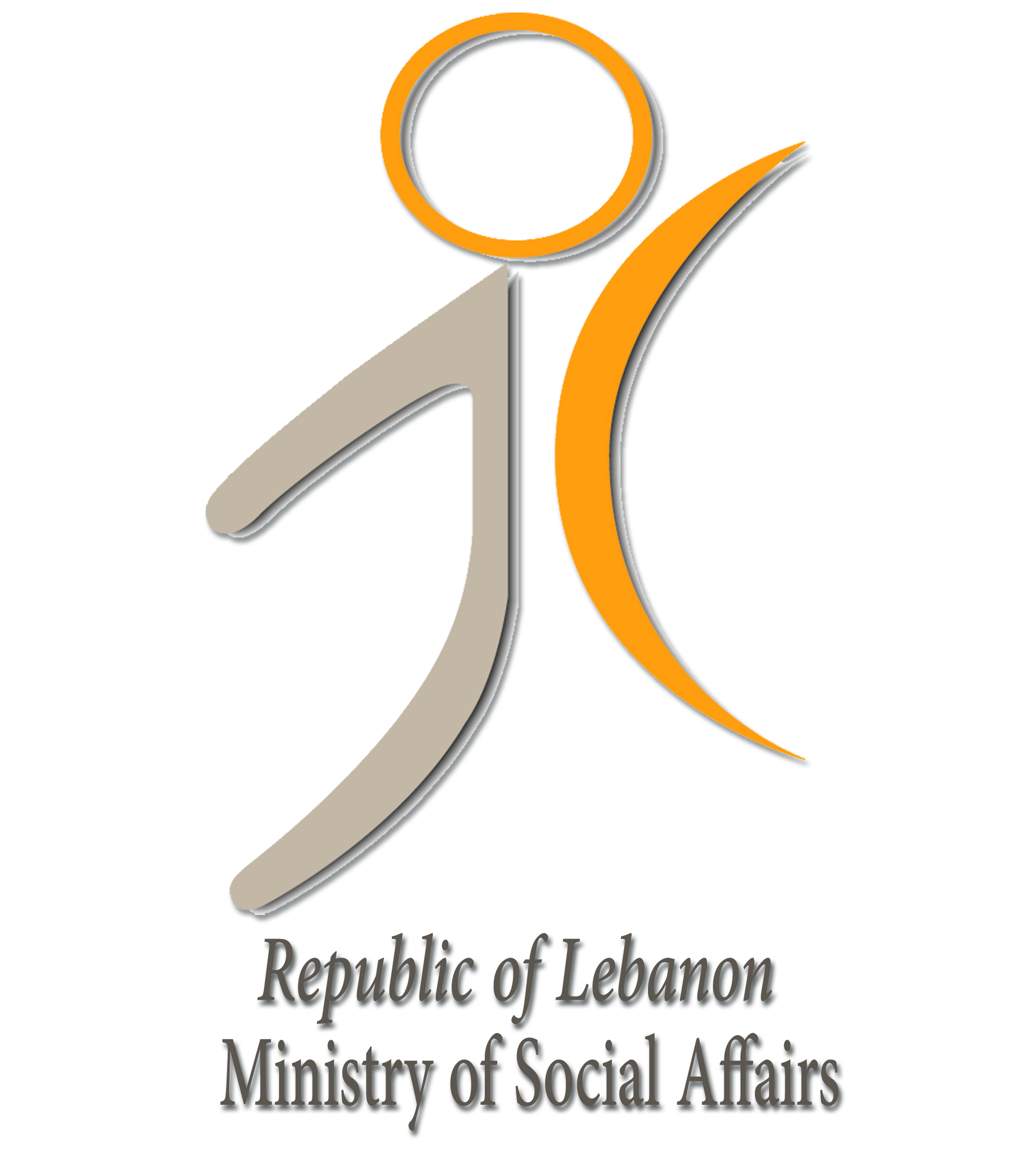Overview
- Ramadan is a holy month for Muslims and, as one of the five pillars of Islam, fasting during this time is prescribed for all to be reminded of the less fortunate and to reaffirm the need to be thankful.
- Due to the metabolic nature of the disease, people living with diabetes are more susceptible to complications from drastic changes in food and fluid intake. Hypoglycemia, hyperglycemia, dehydration and acute metabolic complications such as diabetic ketoacidosis (DKA) are among the common health risks.
- Despite being exempt, many people with diabetes still participate in fasting during Ramadan. The decision should be taken on an individual basis, in conjunction with the patient’s treating physician, taking into account the level of risk involved.
Diabetes Tips
- Ask for educational counseling by your healthcare provider (HCP) pre-Ramadan, to ensure preparedness to treat hypoglycemia promptly should it occur (e.g., use of glucose gel, glucose-containing liquids, glucose tablets, or glucagon injections).
- Talk to your doctor about the adjustments required to the dose, timing or type of medication to reduce the risk of low blood sugar. Acknowledge that insulin injections do not break the fast.
- Long-acting insulin can be given at pre-dawn meal or iftar
- Short-acting must be adjusted to meal size and carb consumption
- Mixed insulin: larger dose at pre-dawn (iftar), smaller dose at pre-fast/sunset (suhoor)
- Check your blood glucose regularly; 3-4 times a day for people at very high risk and 1-2 times a day for people at moderate or low risk.
- Break the fast if: Blood glucose is lower than 70 mg/dl (3.9 m mol/L) or higher than 300 mg/dl (16.6 m mol/L) and if symptoms of hypoglycemia, hyperglycemia, dehydration or acute illness occur. Measure your blood glucose again after 1-2 hours.
- Do not fast if you are pregnant, but if you choose to do so, check first with your HCP.
- Visit your HCP for a post-follow up after your fasting.
Nutrition & Exercise Tips
- Perform regular light-to-moderate exercise ∼ 2 hours post the sunset meal or iftar.
- Don’t skip your pre-fast meal or suhoor which is based on proteins and healthy fats to sustain satiety over longer periods (e.g., eggs, foul, cheese, lean meat, fish) not on simple carbohydrates that raise blood sugar levels (e.g., bread, potatoes, rice, corn flakes, pasta etc.).
- Begin your iftar with plenty of water to overcome dehydration from fasting, and 1-3 small dried or fresh dates to raise blood glucose levels.
- Minimize foods that are high in saturated fats (e.g., fried foods, desserts, butter, fatty meats, full-fat dairy, palm and coconut oils etc.).
- Use small amounts of oil, spices and salt when cooking.
- Include a variety of fruits and vegetables to maintain electrolyte and hydration statuses.
- Distribute your food/calories over two to three smaller meals during the non-fasting interval to avoid postprandial hyperglycemia (high blood sugar after meals).
- Eat at a slow pace for better digestion and greater meal satisfaction.
- Increase your water intake during non-fasting hours (∼ 8 cups) to avoid dehydration during fasting hours and consecutively blood clotting.
- Replace caffeinated, sweetened drinks that cause dehydration by herbal drinks such as tea.
Guidelines
- There should be a nutritional assessment reviewing carbohydrate (CHO) intake and recommendations about the proper food options for the two main meals of the day. Carbohydrate counting techniques should also be discussed.
- A basal insulin dose reduction by 10-30% has been recommended by the majority of experts and medical societies. More importantly, an individualized regimen should be considered and based on a review of the individual’s glucose profile within the first few days of fasting.
- The use of continuous glucose monitoring (CGM) or flash glucose monitoring (FGM) is superior to the traditional blood glucose monitoring and should be the method of choice if available.
- Individuals with Type 2 Diabetes Mellitus (DM) on three or more antidiabetic agents who fast during Ramadan, should receive counseling and comprehensive advice on diet, lifestyle and drug dose modifications prior to Ramadan.
N.B. Below are supplementary tables and figures that present adjustments and recommendations for insulin use during fasting and nonfasting hours for Type 1 and Type 2 DM respectively.
One Source: sections 9 and 10 of IDF-DAR Practical Guidelines 2021
Type 1 DM:
Type 2 DM
COVID-19 & Fasting with Diabetes
There is no scientific evidence that fasting could lead to reduced immunity and higher risk for infection. However, people with diabetes and complications, such as renal impairment or foot problems, are at high risk of infections. It is therefore important that they follow medical advice and do not fast to avoid increasing their risk of contracting COVID-19.
For more info check out:
- Diabetes and Ramadan short video-IDF
- This multilingual Diabetes and Ramadan: Guide to a safe fast,




